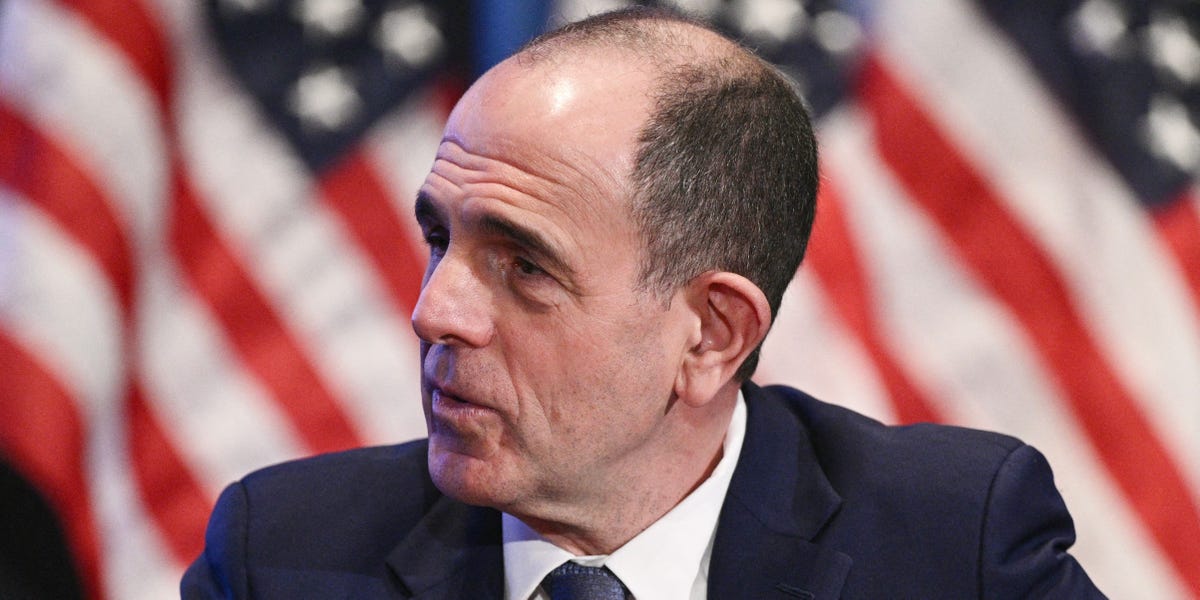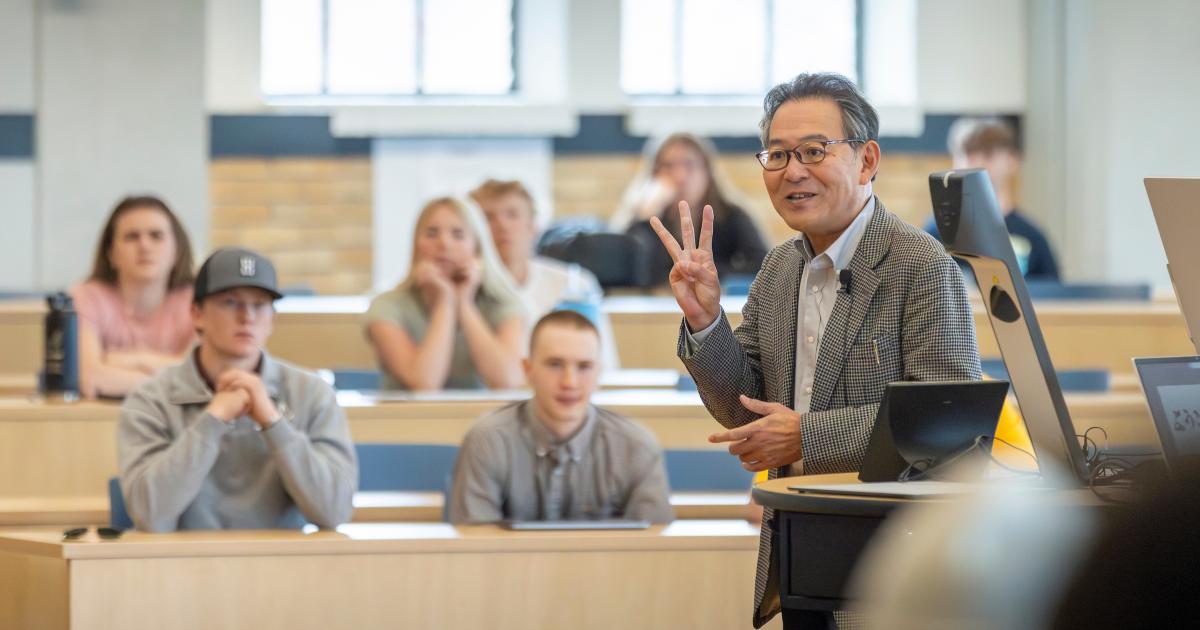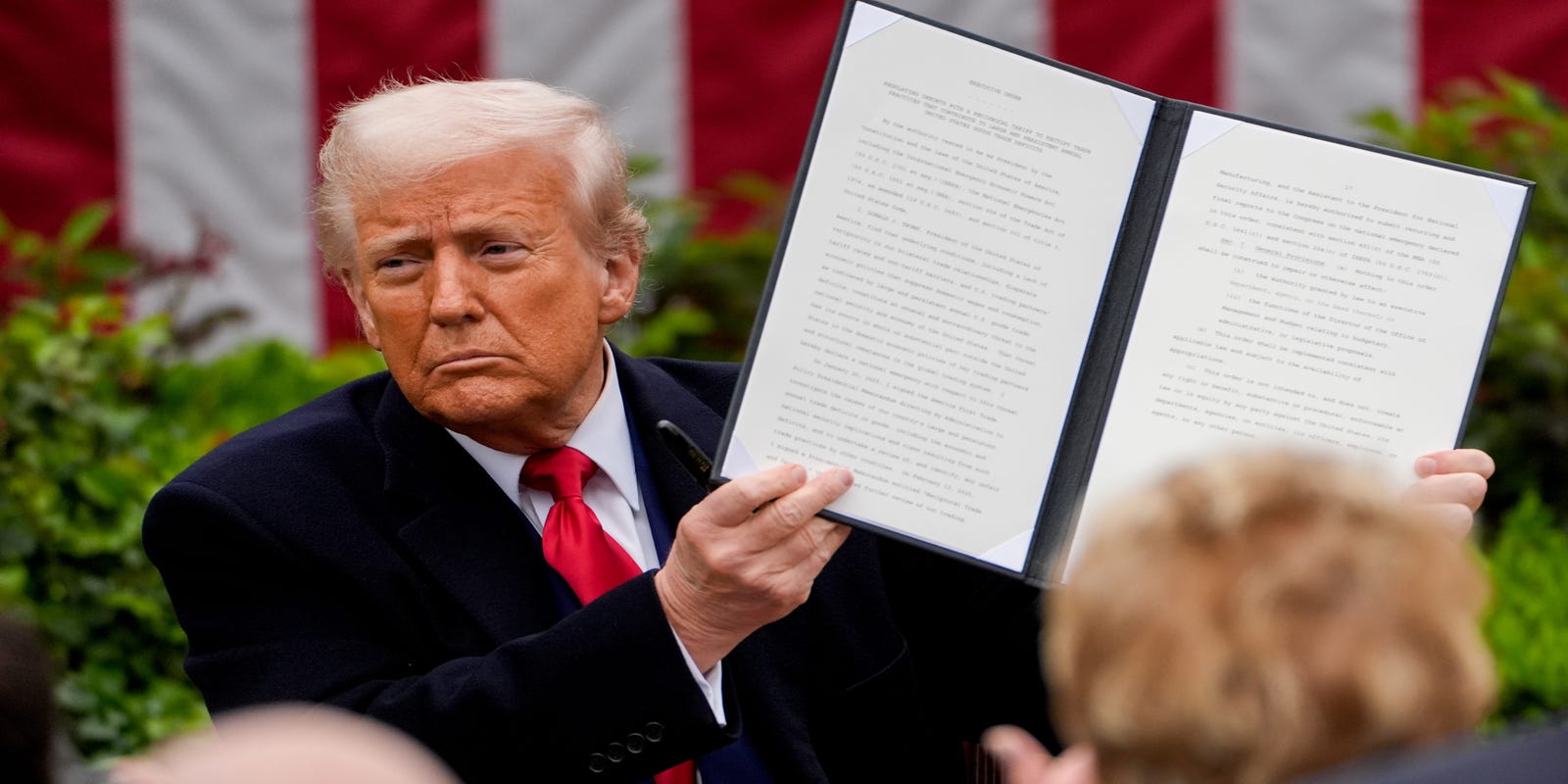Opendoor's Brutal Downsizing: CEO Reveals Massive Staff Cuts, Slashing Workforce by 85%

In a bold move signaling significant organizational changes, Keith Rabois, cofounder and newly appointed chairman of Opendoor, has advocated for dramatic workforce reductions and challenged the effectiveness of remote work arrangements. Rabois, known for his candid leadership approach, believes that the company needs to streamline its operations and prioritize in-person collaboration.
The tech executive's stance reflects a growing sentiment among some Silicon Valley leaders who argue that remote work can diminish productivity and team cohesion. By recommending substantial headcount cuts, Rabois aims to create a leaner, more focused organization that can navigate the current challenging economic landscape.
His comments underscore a broader debate in the tech industry about workplace flexibility and organizational efficiency. While many companies have embraced remote and hybrid work models, Rabois suggests that Opendoor's success depends on a more traditional, office-centric approach.
As the real estate technology company looks to optimize its strategy, Rabois's leadership signals a potential shift towards more concentrated, in-person team dynamics that he believes will drive innovation and performance.








